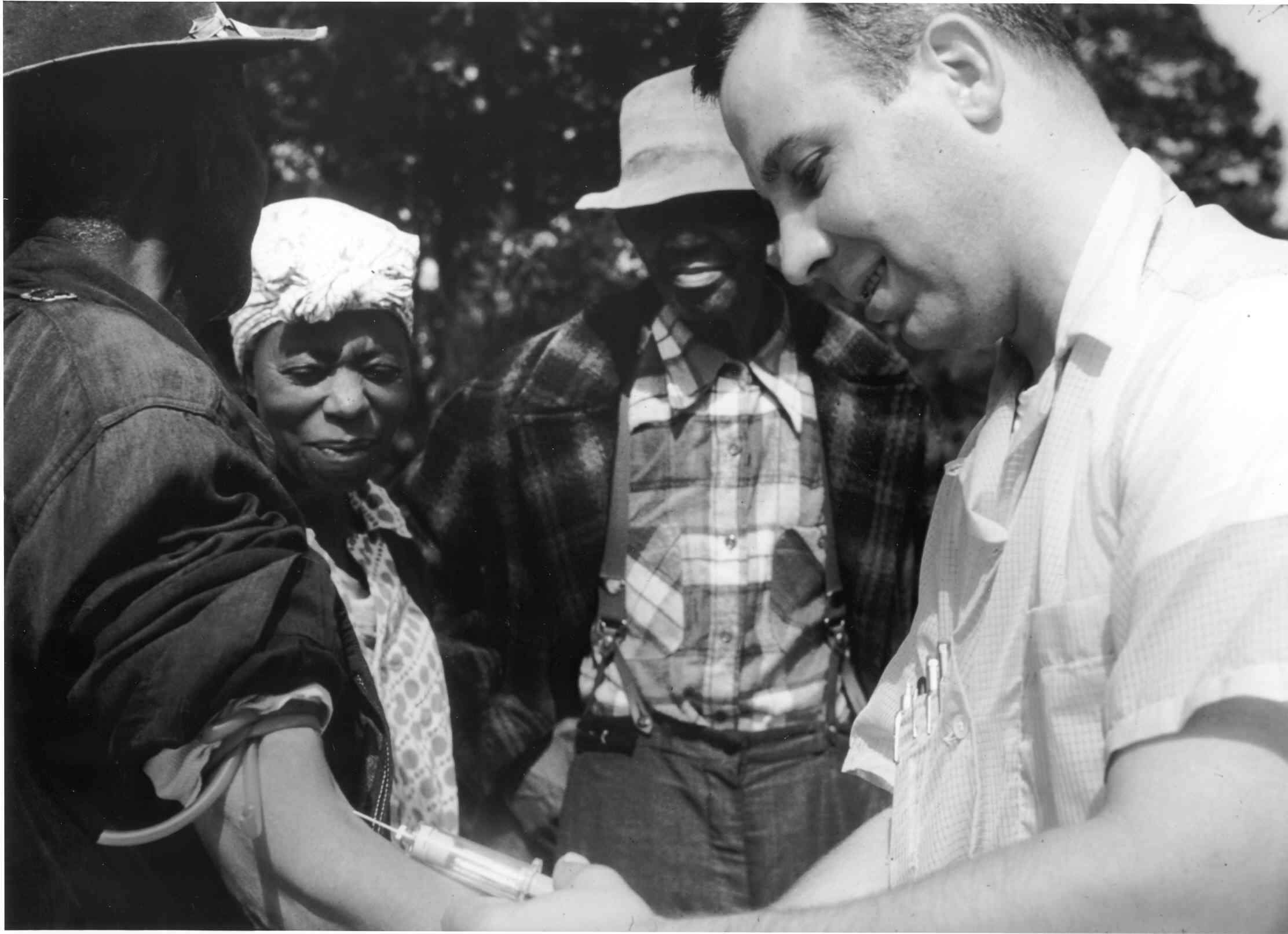For 40 years starting in 1932, medical workers in the segregated South withheld treatment for unsuspecting men infected with a sexually transmitted disease simply so doctors could track the ravages of the horrid illness and dissect their bodies afterward.
Finally exposed in 1972, the study ended and the men sued, resulting in a $9 million settlement. Twenty years ago this May, President Bill Clinton apologized for the U.S. government. It seemed to mark the end of this ugly episode, once and for all.
ADVERTISEMENT
Except it didn’t.
Relatives of the men still struggle with the stigma of being linked to the experiment, commonly known today as the “Tuskegee Syphilis Study.” For years they have met privately to share their pain and honor the victims.
And, amazingly, that class-action lawsuit filed by the men in 1973 has outlived them all. The litigation continues to this day...




